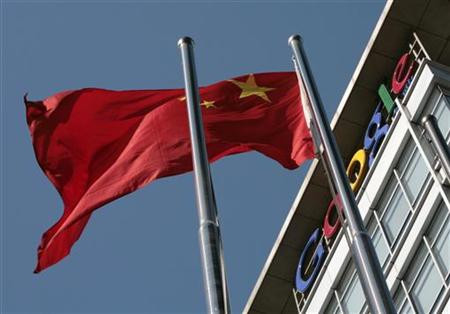China Lash-Out at World's Media: Official Newspaper Denies Chinese Involvement in Operation Shady RAT

A Chinese newspaper lashed-out at the world's media, calling all reports linking the Chinese government to the recently discovered Operation Shady RAT irresponsible.
The report from the People's Daily, the main newspaper owned by China's ruling Communist Party, didn't quote any official government sources in its denial. It instead released a series of statements attacking western media for reporting potential links between the Shady RAT hackers and China claiming: "Linking China to Internet hacking attacks is irresponsible."
Following that: "The McAfee report claims that a 'state actor' engaged in hacking for a large-scale Internet espionage operation, but its analysis clearly does not stand up to scrutiny."
The rebuttal follows McAfee's discovery that as many as 72 high-profile government agencies and companies had fallen victim to hackers.
McAfee uncovered the alleged network intrusions after researchers stumbled upon logs of the attacks while reviewing a command and control server found during its 2009 investigation into defense company data breaches.
In its subsequent report McAfee highlighted its belief that the intrusions were part of an ongoing campaign going back at least five-years, perpetrated by a "state actor." The campaign was later dubbed "Operation Shady RAT."
The laundry list of victims included the United States, Taiwanese, Indian, South Korean, Vietnamese and Canadian governments. The report also highlighted the United Nations (UN), the International Olympic Committee (IOC), the World Anti-Doping Agency and numerous tech companies -- some with high-profile military contracts -- as other targets.
Although McAfee declined to name which foreign power was responsible for the campaign, the word China was quickly on the tip of most security firms and news outlet's tongues.
Speaking to Reuters, Jim Lewis, a cyber expert with the Center for Strategic and International Studies, commented on the discovery, "Everything points to China. It could be the Russians, but there is more that points to China than Russia."
The Chinese newspaper went on to argue that the recent suspicion falling on China is part of an ongoing Western prejudice against the country:
"In fact, as the number of hacking attacks on prominent international businesses and organisations has grown this year, some Western media have repeatedly depicted China as the villain behind the scenes," wrote the paper.
The recent unofficial denial isn't the first time the Chinese government has used the paper to deny hacking allegations. Earlier this year the paper was used by the Chinese government to deny its part in a coordinated attack on Google's Gmail service.
The Chinese Foreign Office declined the IBTimes request for a comment on the People's Daily's article.
© Copyright IBTimes 2025. All rights reserved.





















